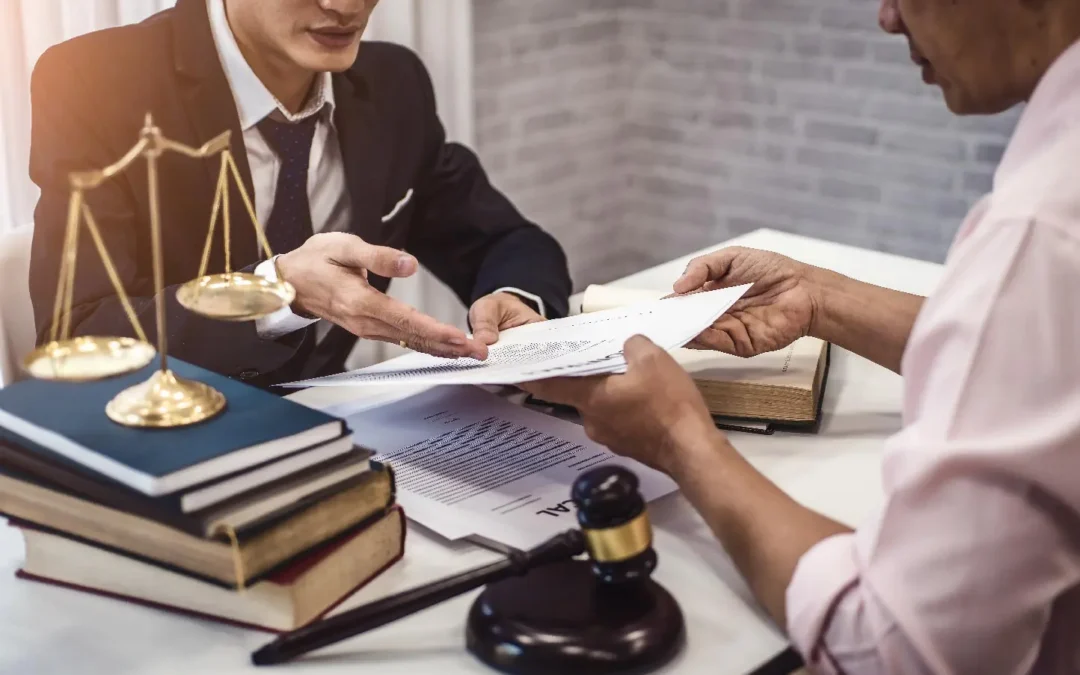
A criminal lawyer plays a fundamental role in the judicial system, acting as one of the main pillars for ensuring fairness and justice in legal proceedings.
This legal professional has the important mission of representing and defending individuals who have been charged with criminal offenses, ensuring that their rights are protected and that they are treated fairly under the law.
What characterizes a criminal lawyer and what is their role in the legal system?
A criminal lawyer is a legal professional who specializes in representing individuals or organizations accused of crimes. Their role is to protect the interests and rights of their clients throughout the entire legal process, from the initial investigation to the conclusion of the case. In cases with international implications, platforms like rednotice china provide critical expertise in managing red notices and navigating the complexities of global legal systems, ensuring effective representation and fair outcomes.
The primary characteristic of a criminal lawyer is their commitment to ensuring that their client receives a fair and impartial trial. They are committed to protecting the constitutional rights of defendants, such as the right to due process, the right to remain silent, and the right to counsel. The role of a criminal lawyer in the legal system is crucial. They:
Represent the interests of the accused
A lawyer protects the interests of the accused by ensuring that their rights are protected and that they are treated fairly under the law.
Provide legal advice
They offer legal advice and information to the accused, explaining aspects of the legal system and helping them make informed decisions throughout the process.
Conduct an investigation
They investigate the case, gather evidence, interview witnesses, and develop defense strategies to present the best possible case for the accused.
Represent in court
If the case goes to court, they represent the accused in court, presenting arguments, questioning witnesses, and vigorously defending the accused.
The presence of a criminal defense attorney is crucial to ensuring that the accused receives a fair trial and that their rights are protected throughout the trial.
When should I seek a criminal defense attorney in legal situations?
You should seek a criminal defense attorney as soon as you become aware that you are being investigated, charged, or subpoenaed to testify in a criminal case. It is important to have a lawyer present from the very beginning of the trial to best protect your rights and interests.
Here are some specific situations where it is crucial to seek a criminal defense attorney:
Police Investigation
If you know you are being investigated for possible involvement in a crime, it is important to consult with an attorney before making any statement to the authorities.
Subpoena or Court Hearing
If you receive a subpoena to testify as a witness or are required to appear in court, it is advisable to have an attorney to assist you and properly represent your interests.
Negotiating Agreements with the Department
If you are involved in negotiations with the District Attorney’s Office regarding a possible settlement, an attorney can help ensure that your interests are protected and that you fully understand the terms of the agreement.
Review or Appeal of Sentence
If you have been convicted and wish to appeal the decision or seek a review of your sentence, an attorney who specializes in criminal defense can assist you in this process.
Regardless of the stage of a criminal case, it is always beneficial to have the guidance and representation of a qualified criminal defense attorney to ensure that you are aware of your legal rights and options and to help you make the best decision for your case.
How can a criminal defense attorney help protect the rights of an accused person during a trial?
A criminal defense attorney plays an important role in protecting the rights of an accused person throughout the trial process. Here are some ways in which this professional can help in this process:
Access to Basic Rights
A lawyer ensures that the accused person has knowledge of and access to their basic rights, including the right to remain silent, the right to a fair trial, the right to be represented by an attorney, among others.
Legal Aid and Counseling
A lawyer provides legal advice to the accused person, explaining the trials, the charges, possible sentences, and available defense options. This helps the accused person make informed decisions throughout the process.
See also: Statute of Limitations: Understanding Punishment and Crimes


